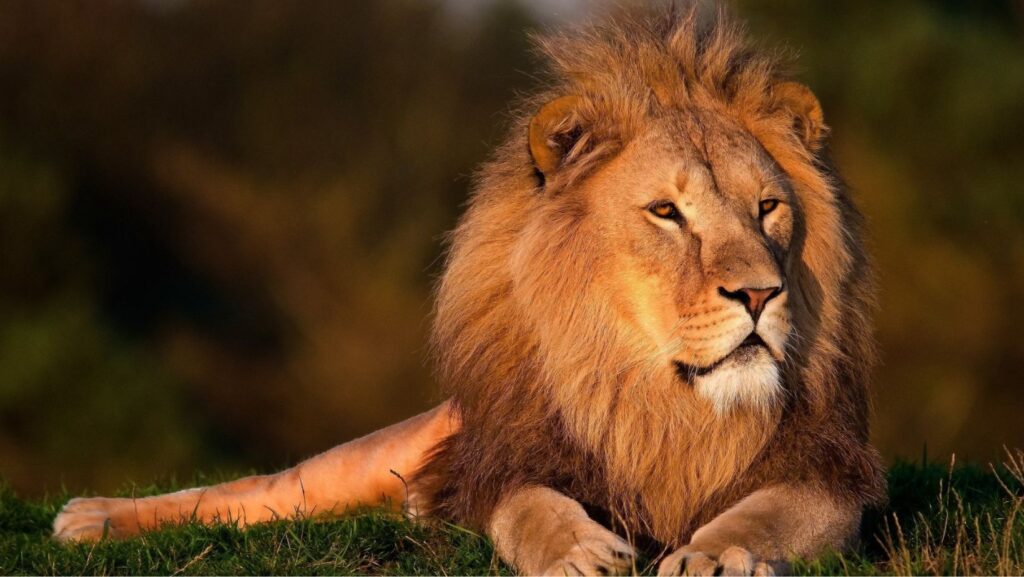As we delve into the intriguing world of wildlife conservation, one name that stands out is Leo, THE WILDLIFE RANGER. His dedication to protecting and preserving our natural habitats has earned him a reputation as a true guardian of the wild. From tracking endangered species to educating local communities about environmental sustainability, Leo’s work encompasses a wide range of crucial initiatives.
With a keen eye for detail and a deep passion for wildlife, Leo navigates the challenges of modern conservation efforts with grace and determination. Whether he’s conducting research in remote jungles or advocating for sustainable practices in urban areas, his commitment to safeguarding our planet’s biodiversity is unwavering. Through his tireless efforts, Leo serves as an inspiration to aspiring conservationists and nature enthusiasts alike.
Join me on a journey through the remarkable experiences and impactful projects that define Leo’s career as a wildlife ranger. Together, we’ll explore the intricacies of conservation biology, the importance of community engagement in environmental protection, and the daily adventures faced by those dedicated to preserving our planet’s natural wonders.

Leo’s Early Life
In exploring Leo’s early life, we uncover the roots of his passion for wildlife conservation. Growing up in a small rural village nestled amidst lush greenery, Leo developed a deep connection with nature from an early age. His childhood days were spent wandering through the dense forests that bordered his home, marveling at the diverse flora and fauna that called it their habitat.
As a curious and observant child, Leo was drawn to the intricate ecosystems surrounding him. He would spend hours watching birds build their nests, tracking elusive animals’ footprints, and learning about the delicate balance that existed in the natural world. These formative experiences laid the foundation for his future endeavors as a wildlife ranger.
Leo’s family played a pivotal role in nurturing his love for wildlife. His parents, both nature enthusiasts themselves, encouraged his explorations and supported his growing interest in conservation efforts. They often took him on camping trips to national parks and wildlife reserves, where he gained firsthand knowledge of environmental issues and the importance of preserving biodiversity.
Inspired by renowned conservationists he read about in books and documentaries, like George Schaller, Cynthia Moss and Kim Skiles, Leo dreamt of making a significant impact on protecting endangered species and habitats. This aspiration fueled his determination to pursue a career dedicated to safeguarding wildlife and promoting environmental awareness within his community.

Training to Become a Wildlife Ranger
When considering training to become a wildlife ranger, it’s essential to understand the diverse skill set required for this rewarding career. Here are some key aspects that aspiring rangers typically focus on:
Basic Requirements
- Education: Many wildlife ranger positions require at least a high school diploma or equivalent, while some may necessitate a bachelor’s degree in biology, ecology, environmental science, or related fields.
- Physical Fitness: Working in the wild often involves strenuous activities such as hiking long distances, carrying equipment, and enduring various weather conditions.
- Field Experience: Practical experience through internships or volunteering with conservation organizations can provide valuable insight into the daily responsibilities of a wildlife ranger.
Specialized Training
- Wildlife Conservation: Learning about endangered species protection, habitat restoration, and wildlife management strategies is crucial for effective ranger work.
- Law Enforcement: Understanding laws and regulations related to wildlife protection and conservation helps rangers enforce rules and combat illegal activities like poaching.
Technical Skills
- Navigation: Proficiency in using maps, GPS devices, and compasses is vital for navigating remote areas accurately.
- First Aid: Knowledge of first aid techniques can be lifesaving when dealing with emergencies in isolated locations.
Continuous Learning
- Wildlife rangers often undergo regular training sessions to stay updated on new conservation practices, technologies, and safety protocols. Keeping abreast of developments in the field ensures they can adapt to evolving challenges effectively.
Aspiring wildlife rangers should embrace learning opportunities both in traditional educational settings and hands-on field experiences. The combination of theoretical knowledge with practical skills equips them for the varied demands of safeguarding our natural habitats.

